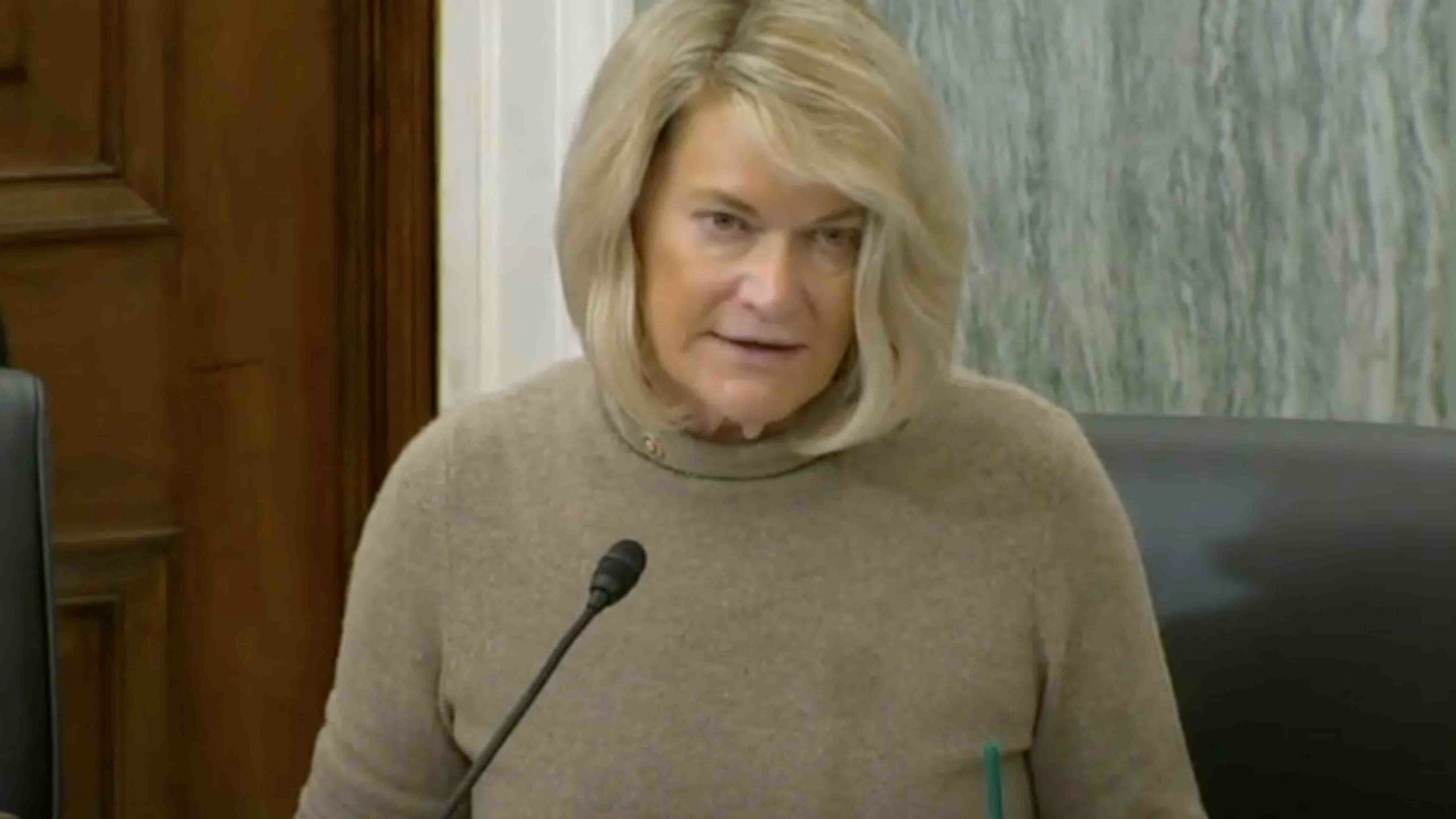U.S. Sen. Cynthia Lummis is championing an effort to close a legal loophole that technically allows police to search a person’s cell phone if it is plugged into a vehicle.
However, a digital forensics expert told Cowboy State Daily on Friday that even if successful, Lummis’ “Closing the Warrantless Digital Car Search Loophole Act” would probably have little impact.
Lummis and U.S. Sen. Ron Wyden, D-Oregon, are cosponsoring the legislation to close the loophole. Their bill would end the “vehicle exception” to the Fourth Amendment protections against unlawful search and seizure found in the U.S. Constitution.
The exception was created by courts before automobiles contained computers that generate vast amounts of digital information. The bill would require law enforcement officers to get a warrant to search data created by or stored in automobiles.
“As we continue to move to a more connected and digitized world, it’s essential that we take extra care to protect our constitutional rights,” Lummis said when she proposed the legislation. “Today, new vehicles are computers on wheels, and my constituents in Wyoming should have the same Fourth Amendment protections for their vehicles as they do for their phones and home computers.”
But Steve Gemperle, a former U.S. Secret Service agent who is currently a forensic consultant at Magnet Forensics, told Cowboy State Daily that the loophole does not necessarily matter much, since most, if not all, law enforcement will obtain a search warrant to search a vehicle and cell phone.
“If they have probable cause, the vehicle exception could allow police officers to recover the limited data that a phone shares with an onboard computer,” Gemperle said.
“This exception is generally not used in regards to the data shared from a phone to an onboard computer because investigators know that any digital evidence collected in this manner would immediately be thrown out in court. Most jurisdictions have either limited or distinguished the use of the vehicle exception in this way,” he said.
Gemperle added that using the vehicle exception to search an onboard computer without a full forensic analysis would provide “very” limited evidence to investigators.
He said that when a phone is paired with a vehicle, it only shares basic functionality and data, including recent GPS data and contact lists, but it is also a one-way share.
“There is no backwards compatibility. You cannot view a phone’s full contents such as photos, application data or complete text message history,” Gemperle said. “This evidence is also incredibly difficult and time consuming to recover. It requires specific tools and training that most police agencies do not possess.”
He said the real reason the vehicle exception is not used in this manner is because any attempt to use evidence recovered without proper search authority would “immediately” result in the case being thrown out in court.
He added that in his 22 years in law enforcement, Gemperle had never seen the vehicle exception used this way, and did not know anyone else who had.
By closing the loophole, Lummis and other lawmakers would reinforce existing case law around conducting search and seizures.
“Investigators know that it is best practice to obtain a search warrant for vehicle computers so that any evidence they recover can be admissible in court,” Gemperle said.





